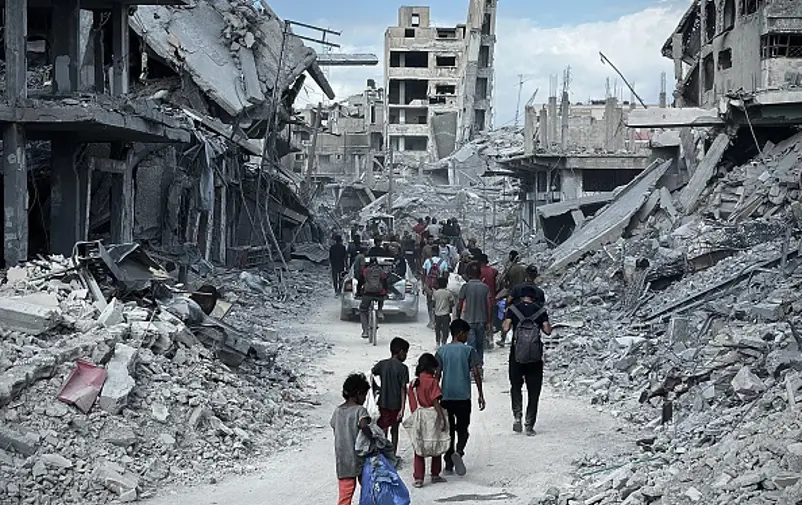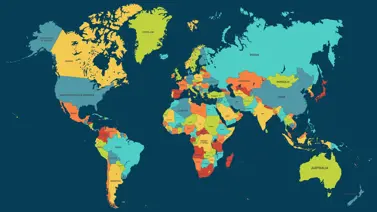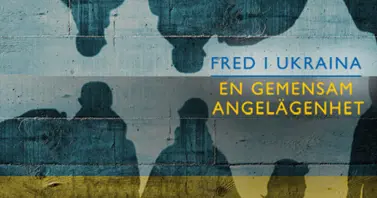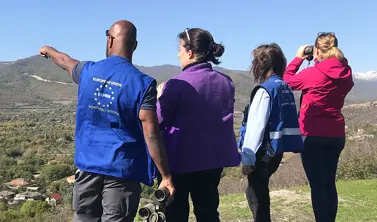Rebel party organization and durable peace after civil conflict
Under what conditions does rebel group political inclusion contribute to peace after civil conflict? A central answer to this question lies with the former rebel groups’ organizational structure, and in particular whether former combatants can maintain unity to keep their followers committed to maintaining the peace.
This research brief has identified organizational factors that help clarify the conditions under which rebel group inclusion helps promote durable peace after conflict. As the brief has also highlighted, gaining access to power is key to sustainable peace in the long run, but it is also important to note that even a low seat share can have positive impact on the durability of peace. What matters the most is not the level of representation in a legislature but whether any significant political actors are left out.
This research brief series has been initiated through a collaboration between the Politics After War (PAW) research network, the Folke Bernadotte Academy (FBA), and the United Nations Depart¬ment of Peace Operations, Office of Rule of Law and Security Institutions: DDR Section (UNDPO/OROLSI/DDR) with the aim to provide research perspectives and scientific evidence on the inter¬section of DDR and politics with a particular em¬phasis on the transformative dynamics of armed groups and combatants.
Other publications in the series
The Political Dynamics of DDR Key Research Findings
Political Integration and Post-war Elections
Political Engagement by Former Armed Groups Outside Party Politics
Peace Agreements and the Political Integration of Armed Groups
DDR and Post-War Politics: Lessons from Northern Ireland
Women and Rebel to Party Transitions
Ideological Moderation in Armed Groups Turned Political Parties
Former Armed Groups in power and Post-war Youth Policies









 >
> >
>

